Dabru Emet: A Grateful Evangelical Appreciation
by Jason Poling
The sixth claim of Dabru Emet is of particular importance to evangelicals, as the chief characteristic that distinguishes evangelicals from other Christians is our reliance on the scriptures of the Old and New Testaments as entirely trustworthy and authoritative for all matters of faith and practice. Other Christians have dealt with “the humanly irreconcilable difference between Jews and Christians” by treating the sharp exchanges that the Gospels report as later inter- (or intra-) communal arguments retrojected into the mouths of Jesus, the Apostles, and their Jewish interlocutors. This is not an option for evangelicals; our quest for the historical Jesus begins and ends in the pages of the New Testament.
For example, Luke recounts that when Jesus told the parable of the tenants, “the teachers of the law and the chief priests looked for a way to arrest him immediately” because they recognized that “he had spoken this parable against them” (Luke 20:9-19). Evangelicals read this and conclude, definitively, that (a) Jesus did in fact tell this parable; (b) he told it in a way that set his identity and his message in opposition to those of these Jewish leaders; (c) the Jewish leaders knew he was doing that; and (d) decisively rejecting Jesus and his message, the leaders sought to put a forceful stop to his ministry.
Likewise, Luke tells us in the Book of Acts that Peter concludes a sermon to his fellow Jews assembled in Jerusalem for Pentecost, saying, “Therefore let all Israel know and understand that God has made this Jesus, whom you crucified, both Lord and Messiah” (Acts 2:14-36). Here again, evangelicals reading this account will conclude, definitively, that Peter (a) did in fact say these things in Jerusalem on the Pentecost following Jesus’s death and resurrection to a crowd of fellow Jews; (b) identified his hearers as bearing some responsibility for the way Jesus was treated; and (c) nevertheless invited his hearers to recognize Jesus as both Lord and Messiah.
[Note that only the Jews assembled in Jerusalem for the feast are addressed here; Peter is in no way accusing all Jews of deicide. And, having described carefully in his Gospel the means of Jesus’s execution, Luke is not placing all of the blame for Jesus’s death on “the crowds”—a host of characters was involved, including Pilate, Roman soldiers, Herod, the temple guard, and Judas, in addition to the crowds shouting for Jesus’s crucifixion. But Peter does not absolve the crowds of blame, either. Christians often affirm their own complicity in Jesus’s death by their sin that necessitated it by having the entire congregation shout “Crucify him!” when the passion narrative is read in church.]
“Cut to the heart,” Luke reports, “they asked Peter and the other apostles, ‘Brothers, what shall we do?’ Peter replied, ‘Repent and be baptized, every one of you, in the name of Jesus Christ for the forgiveness of your sins’” (Acts 2:37-38). Peter does not tell them that they can do whatever they want to with the message that God has made Jesus both Lord and Messiah. He does not say that they may feel free to return to worship and communal life as if the Christ-event had not taken place. He does not tell them that Jesus is optional for them because they are Jewish.
This exchange is the New Testament in a nutshell. Most of the New Testament is Jewish followers of Jesus telling other Jews that Jesus is Israel’s Messiah and needs to be treated as such. (Most of the rest is Jewish followers of Jesus telling Gentiles that Jesus is Lord of the universe and Israel’s Messiah and needs to be treated as such.)
My Jewish friends disagree, of course. But they affirm in Dabru Emet that this “humanly irreconcilable difference” between how Jews and Christians understand Jesus need not keep Jews and Christians from authentic relationships, fruitful dialogue, shared endeavors for the good of one another and our neighbors, or any other good thing in God’s good creation.
In 2013, Chester Gillis, Professor in the Department of Theology and Dean of Georgetown College at Georgetown University, claimed in the opening session of ICJS’s 25th Anniversary Speaker Series that to pursue interreligious dialogue without being willing to change one’s faith commitments is merely “pantomime and farce.” Faithful Jews and Christians know this to be nonsense; instead, with the writers of Dabru Emet, we “can respect [our neighbors’] faithfulness to their revelation just as we expect [them] to respect our faithfulness to our revelation.”
Healthy interfaith dialogue can be founded only on this mutual respect, not an insistence that it be transcended by some paradigm that fails above all to offer such respect to any other. Like our Jewish neighbors, we are fiercely devoted to the texts in which we believe the God of Abraham, Isaac, and Jacob has revealed himself. We just disagree on which texts those are, which means we disagree on how we interpret key elements of the Tanakh. But we can, and do, disagree as dear and genuine friends.
Jason Poling, D.Min., is a co-convener of the Evangelical–Jewish National Conversation, and wrote his thesis (with the kind assistance of ICJS) on Jewish–Evangelical Relations. He serves as Priest-in-Charge of St. Andrew’s Episcopal Church in Pasadena, Maryland, and directs the Doctor of Ministry program at St. Mary’s Ecumenical Institute in Baltimore. Twitter: @revjpoling.

